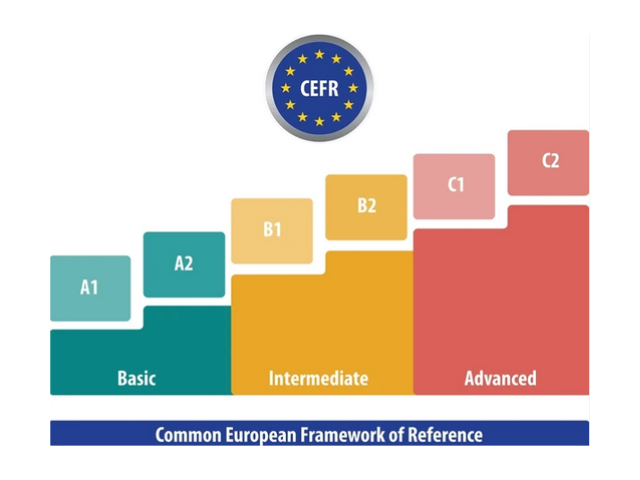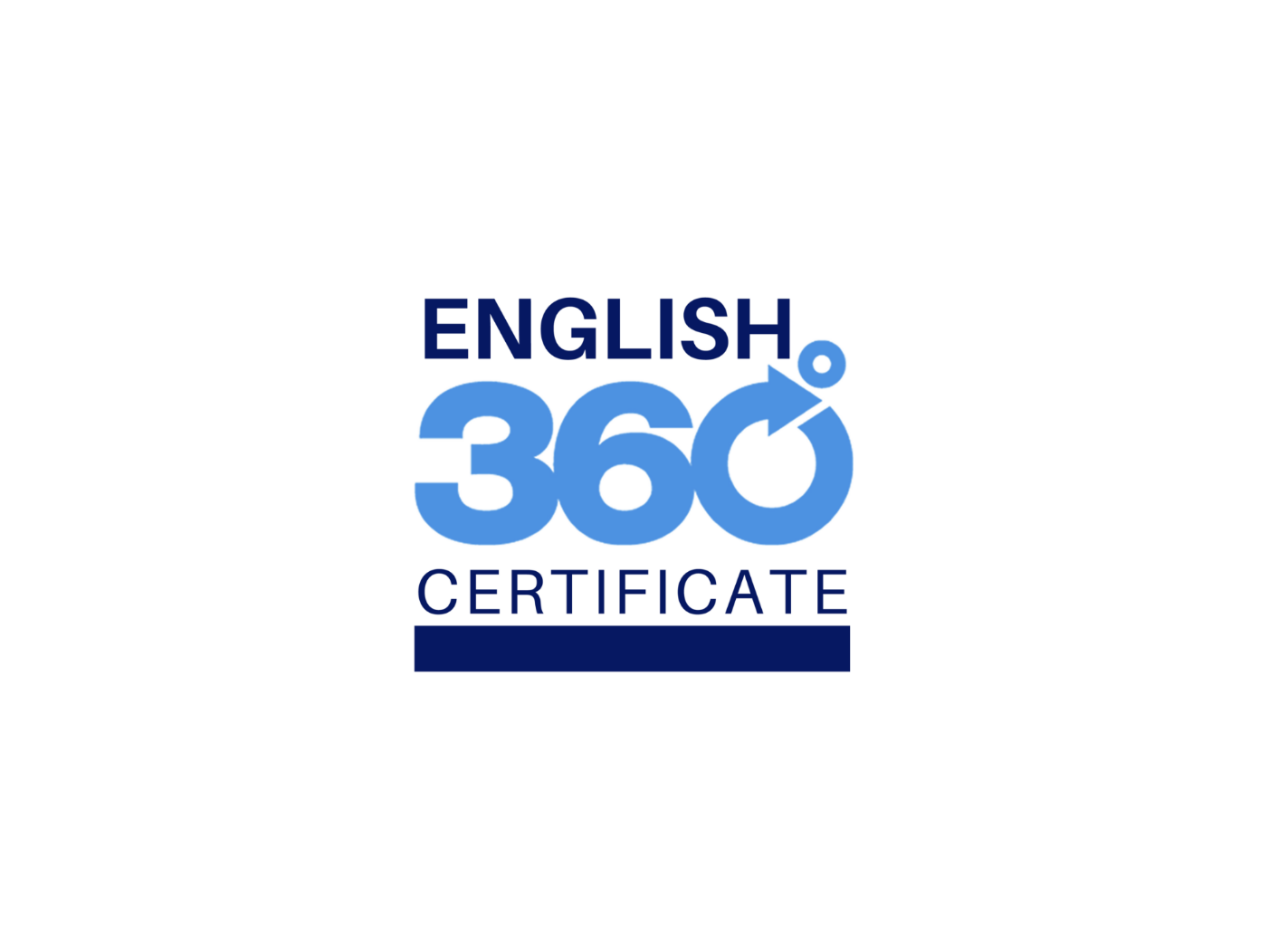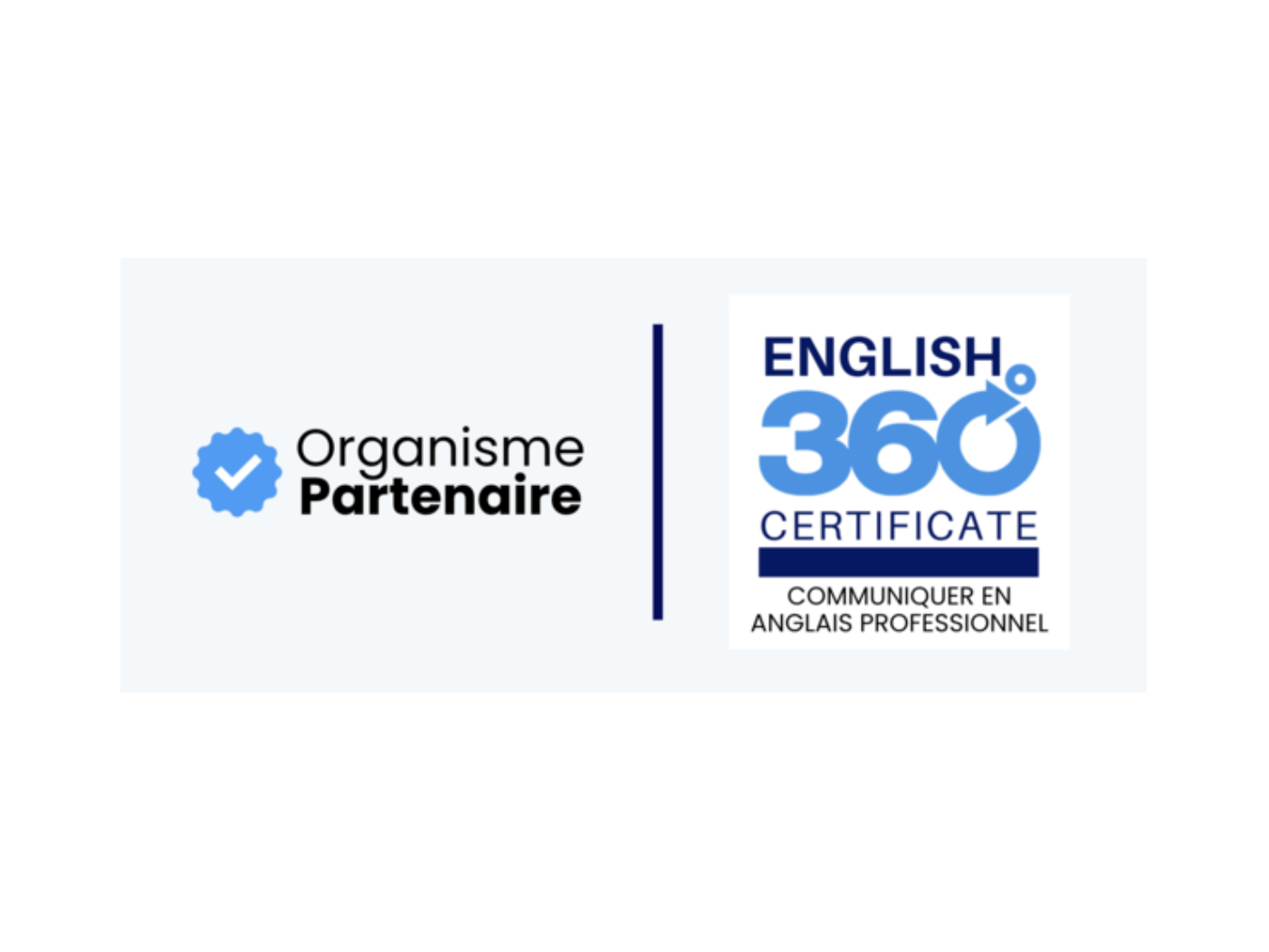The Common European Framework of Reference for Languages (CEFR) is a standardized system used to gauge and describe the proficiency levels of language learners across Europe and increasingly worldwide. Established by the Council of Europe, the CEFR framework provides a clear and consistent way to assess language skills, making it an essential tool for both learners and educators in the realm of English language assessment.
What is the CEFR?
The CEFR divides language proficiency into six levels: A1 (Beginner), A2 (Elementary), B1 (Intermediate), B2 (Upper-Intermediate), C1 (Advanced), and C2 (Proficient). Each level outlines specific competencies in listening, speaking, reading, and writing. This comprehensive framework helps learners understand their current level and set achievable goals, while educators and institutions can tailor their curricula and assessments to meet these benchmarks.
The Importance of CEFR in English Language Assessment
1. Standardization and Consistency : The CEFR provides a common standard for language assessment, ensuring consistency across different countries, institutions, and examination bodies. This uniformity allows for the reliable comparison of language skills, which is particularly beneficial for educational institutions, employers, and immigration authorities.
2. Clear Learning Pathways : By defining what learners should be able to do at each proficiency level, the CEFR helps in setting clear, attainable learning objectives. This structured approach guides learners through their language journey, from basic communication skills at A1 to the mastery of complex texts and nuanced conversation at C2.
3. Enhanced Mobility : The CEFR’s widespread recognition facilitates international mobility. Students can apply to universities abroad, professionals can seek employment opportunities in different countries, and migrants can meet language requirements for visas and citizenship.
4. Personalized Learning: The framework's detailed descriptors allow educators to design targeted learning activities that address the specific needs of learners at each level. This personalized approach enhances the effectiveness of language instruction and helps learners progress more efficiently.
Why the CEFR Matters for English Language Learners
For English language learners, the CEFR provides a clear roadmap to achieving language proficiency. It helps them identify their strengths and areas for improvement, track their progress, and stay motivated by setting realistic goals. Moreover, as many English proficiency exams (such as IELTS, TOEFL, and Cambridge English) align their scores with the CEFR levels, learners can better understand their exam results and what they signify in terms of their overall language ability.
Why the CEFR is important to Universities
The CEFR is vital for universities as it standardizes language proficiency assessment, ensuring students have the necessary skills for academic success. It helps in placing students in suitable language courses, supports international student mobility, and maintains high academic standards through clear benchmarks of language ability.
In conclusion, the CEFR is a vital tool in the field of English language assessment. Its standardized approach ensures consistency, facilitates mobility, and supports personalized learning. By understanding and utilizing the CEFR, learners and educators can more effectively navigate the path to English language proficiency and equally assess English skills.






